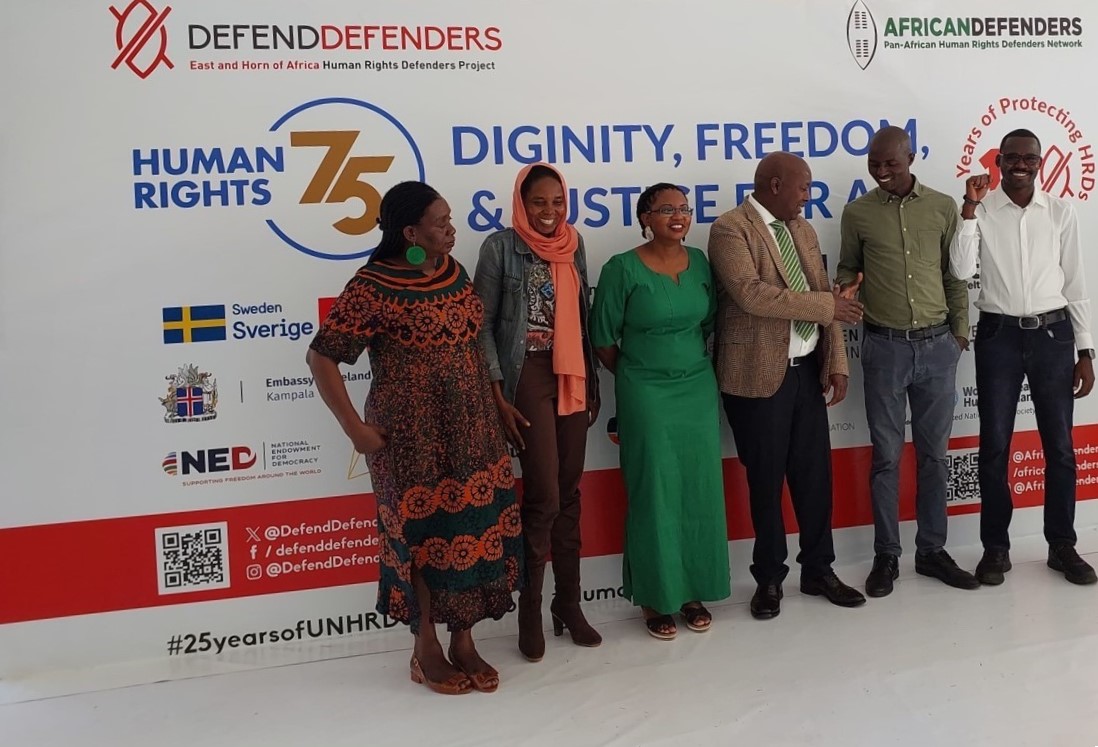Sudan Defenders September Newsletter

Greetings from Sudan Defenders!
The current situation in Sudan is highly challenging due to the heightened conflict in various regions and the widespread floods in the North, East, Darfur, and Al Jazirah. The floods have rendered many roads impassable, resulting in critical shortages of medication, food, and essential relief supplies.
Furthermore, the cost of living has risen sharply due to inflation, making it increasingly difficult for the Sudanese population to access basic necessities. Compounding these difficulties, over 70 percent of bank branches in affected areas have ceased operations.
Women, children, and the elderly in internally displaced persons (IDP) camps are facing severe malnutrition, and the departure of many aid organizations due to security concerns has exacerbated the situation.
The relentless bombing and shelling of shelters and urban areas have caused numerous civilian casualties, with limited access to medical care, as hospitals have been destroyed, looted, or targeted by warring factions. Even El-Fasher’s Saudi Hospital, one of the last functioning medical facilities, has suffered multiple attacks, leaving it without essential medication, staff, and resources to assist civilians.
While the opening of the Adre border connecting West Darfur to Chad has facilitated the delivery of relief supplies, the floods have made the transportation routes impassable, and there have been reports of looting of aid shipments.
We appreciate the recent statements from President Joe Biden, the United Nations, the African Union Commission, and the Fact-Finding Mission, all calling for an immediate ceasefire in the conflict. However, we urge the implementation of practical and effective solutions to ensure that a sustainable truce is achieved in Sudan.
I invite you to read our September Newsletter here.
Adam Musa Obama
Executive Director
